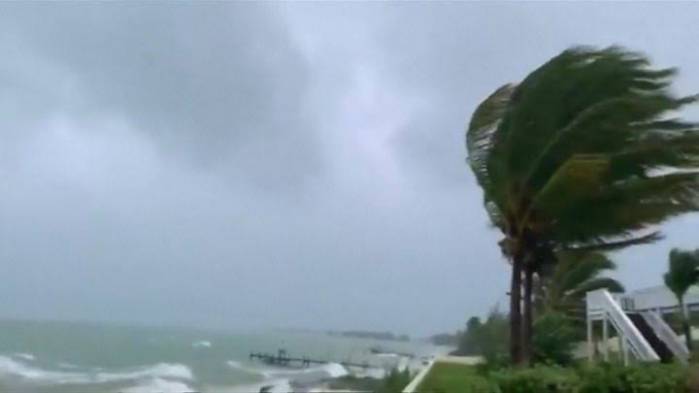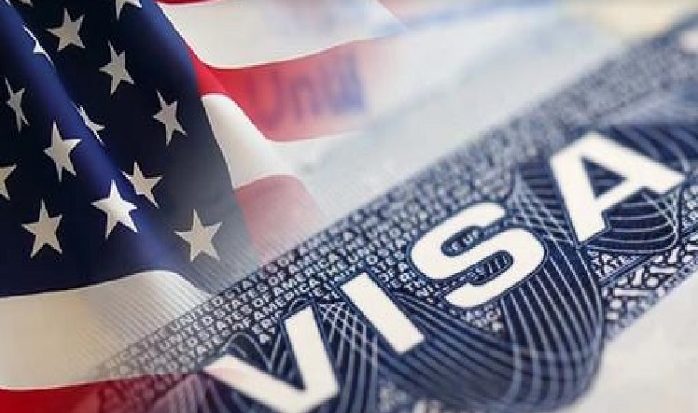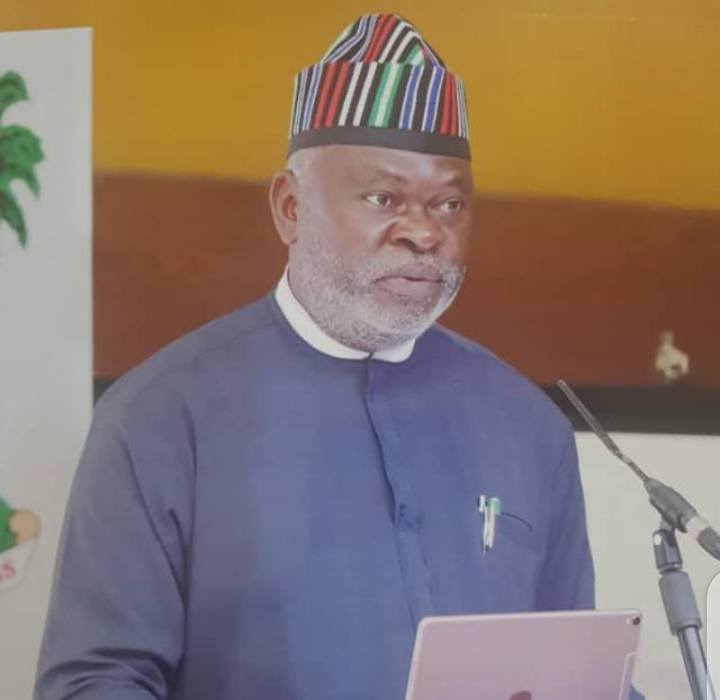The most powerful storm to hit the Caribbean islands of the Bahamas since records began has torn roofs from buildings and caused severe flooding.
The slow-moving, category five Dorian – the second-strongest Atlantic hurricane on record – has sustained winds of up to 180mph (285km/h).
A “life-threatening” storm surge of 23ft (7m) is predicted in places.
The hurricane is moving slowly westwards and may hit areas of the eastern US seaboard.
The US states of Florida, Georgia, North and South Carolina have all declared states of emergency.
There is no word so far on any casualties.
The National Hurricane Center said that at 03:00 GMT, Dorian was located on the eastern edge of Grand Bahama, having made landfall earlier on the Abaco islands, which are just to the east.
Both chains are in north of the Bahamas archipelago. Grand Bahama is only 100km (60 miles) east of West Palm Beach in Florida.
Dorian is slow-moving, travelling west at only 9km/h (6mph).
There was little information overnight from the affected Bahamas islands amid power cuts and limited internet access. The Abaco islands were reported under water after the storm hit on Sunday, with a storm surge of up to 7m (23ft).
Government officials said they had seen footage from Abaco of floodwaters the height of a car roof, and homes without roofs.
High winds and torrential rainfall have also struck Grand Bahama.
Residents posted footage showing floodwaters engulfing some homes after high winds had struck. Videos also show capsized boats floating in floodwaters filled with debris.
Joy Jibrilu, director general of the Ministry of Tourism and Aviation, said on Sunday afternoon: “It’s devastating. There has been huge damage to property and infrastructure.
Luckily, no loss of life reported.”
The government has opened 14 shelters and names dozens of churches, schools and other buildings on its official lists of emergency shelters.
But as sites become full, there is concern that people will be forced to take refuge in other places that aren’t listed to receive food and water from the government.
The country is one of those most regularly hit by hurricanes, and homes are required to be reinforced to withstand the winds of a category four storm.
Prime Minister Hubert Minnis did announce an evacuation order for parts of Grand Bahama and the Abaco Islands, all tourists were asked to leave.
But officials expressed dismay that some people had chosen to stay.
Mr. Minnis said: “I can only say to them, that I hope this is not the last time they will hear my voice and may God be with them.”
The visibly upset prime minister said in a news conference on Sunday: “This is probably the most sad and worst day of my life. We’re facing a hurricane… that we’ve never seen in the history of the Bahamas.”
Although Dorian is currently heading westwards, it is forecast to make a gradual turn north-west, taking it along the eastern US seaboard, making its landfall point, if any, uncertain.
Source: BBC












